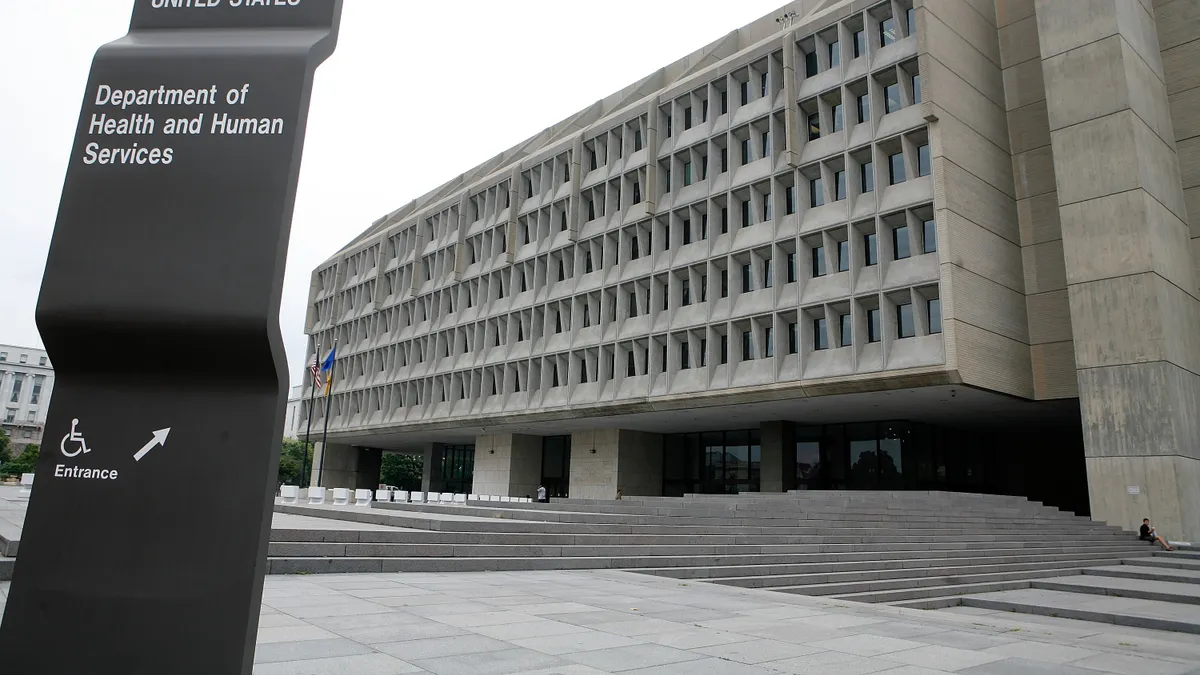Dive Brief:
- The Biden administration has paused or pulled some models testing value-based payments in healthcare, but the new director of the CMS agency overseeing model testing said the slowdown doesn't equate to waning motivation for its mission.
- Elizabeth Fowler, who took the reins at the Center for Medicare and Medicaid Innovation a few months ago, said CMMI will focus on enacting fewer but more targeted models, speaking in her first public remarks since taking the helm.
- "In my view, we're at a really critical juncture in the path to value-based care," Fowler said at the National Association of Accountable Care Organizations' spring conference on Tuesday, asking stakeholders for patience as CMMI reviews paused models and outlines a path forward.
Dive Insight:
CMMI was founded a decade ago with the passage of the Affordable Care Act, with an aim to move the needle toward paying for quality of care instead of quantity in healthcare. Though modernizing the entrenched system isn't easy, there's a clear role for the agency and its alternative payment models to spur that shift coming out of COVID-19, Fowler said.
Fowler has a long background in health policy, having previously held leadership roles at HHS and helped draft and implement the ACA as a Senate staffer, which underpins much of President Joe Biden's healthcare agenda.
Her remarks come after CMMI paused a number of models for review, including the Geographic Direct Contracting Model and the Primary Care First Serious Illness Population Model. CMMI has also delayed the start dates for the Kidney Care Choices model, among others.
"I understand that collectively these announcements may have raised questions about where the center is headed next," Fowler said, before reiterating CMMI's support for its mission. "True innovation means failing until we get things right."
As CMMI reviews past models and revamps its strategy, the agency is aiming to think more creatively as the space has gotten increasingly more complex as many models overlap, Fowler said. Because of this, evaluating models isn't necessarily going to drive development moving forward.
The Medicare Payment Advisory Commission recommended in October that CMMI condense the sheer number of trial programs and create more targeted long-term goals for its alternative payment models.
In the past, CMMI has focused on certifying models and enacting them in Medicare, and that focus can be limiting, the newly minted director said. Only four models have actually become a permanent part of Medicare since CMMI's founding.
CMMI has tested upwards of 50 models, yet few have resulted in cost savings or better quality of care, causing a bipartisan group of legislators to call for more oversight of the agency over a year ago.
Fowler also urged providers to get more involved in the shift to value-based care and take on more risk. However, she said she was leery of enacting sweeping incentives for providers, and is open to different carrots and sticks to nudge them in the right direction.
"What happens when the model goes away and the payment ends?" Fowler said. "Payments for the sake of payments may not generate that transformation that we're seeking."
Moving forward, CMMI has numerous priorities, including taking a greater focus on health equity, working harder to align different payers on value-based care efforts and strengthening the nation's flagging primary care infrastructure, all while working with incoming HHS Secretary Xavier Becerra and Biden's health team on key issues, including drug pricing.
"We need to find a way to bring everyone along. We can't have fee-for-service remain a comfortable place to stay," Fowler said.












